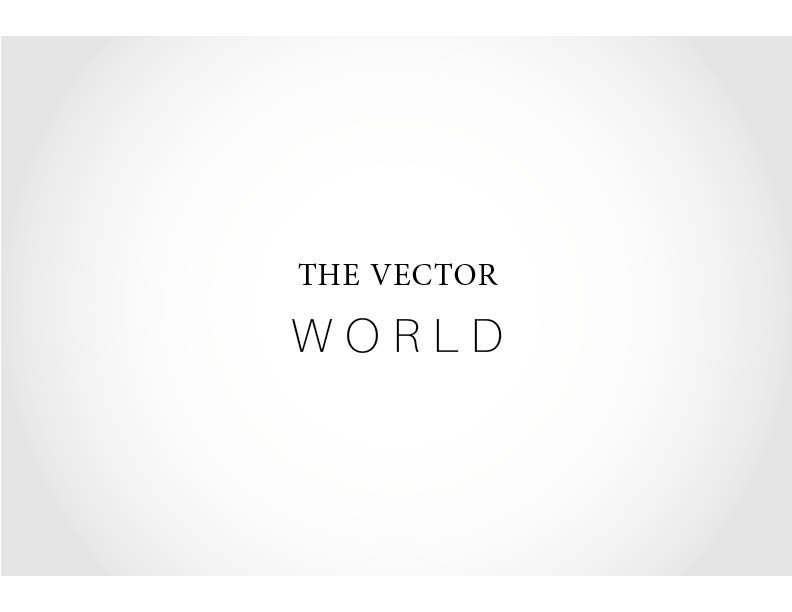The Panama Papers: Bringing Criminals Around the World Together
By Melanie Bucoy
As of Sunday, April 3 everyone around the world was able to see how far that saying goes as the International Consortium of Investigative Journalists (ICIJ) revealed documents infamously dubbed “The Panama Papers.”
The Panama Papers are over four decades worth of 11.5 million documents (about 2.6 terabytes of data) revealing how powerful people from all over the world commit tax evasion through false investments in an offshore law firm known as Mossack Fonseca in Panama. Fonseca’s clients are able to hold their financial assets in these shell companies, launder their money, and evade taxes, thus retaining hundreds of millions of dollars from tax havens around the world. In 2015 an anonymous source allegedly leaked these documents to a German newspaper, Suddeutsche Zeitung and was then shared with the ICIJ. The papers named over 140 people making the Panama Papers the largest leak in history so far.
Tax evasion is illegal under federal law and is the most commonly committed crime by the wealthy. Rather than paying taxes based on income from their businesses, these individuals or companies mis-declare their income by claiming false investments, thus minimizing their taxes. With these false investments, money is held in the shell companies, much like a piggy bank, and the money is returned back to the client once the taxing process is complete. If caught, criminals may face monetary penalties or even imprisonment.
Now, how does this affects the non-upper class? Well, think about it this way, if the rich upper classes are not paying their fair share of taxes, who has to pick up the extra burden? The others have to. So while the wealthy get to keep their money, the rest of the classes have to pay the extra compensation. Furthermore, if the government is not able to collect this money, funds could not be made to schools, welfare, and things alike that benefit the entire population under effect.
Some celebrities mentioned so far have been Jackie Chan and his son, Simon Cowell, Argentine footballer Lionel Messi, and Dreamworks co-founder David Geffen. The political leaders mentioned include Icelandic Prime Minister Sigmundur David Gunnlaugsson, Argentine President Mauricio Marci, Russian President Vladimir Putin and his colleagues, Chinese President Xi Jinping, his family, and other Communist party leaders, Ukrainian President Petro Porochenko, British Prime Minister David Cameron, President of Syria Bashar Assad, and Pakistani Prime Minister Nawaz Sharif. FIFA also had its own share of internal investigations made after President Gianni Infantino and other key members of FIFA’s ethics committee were named as well.
Currently, many news outlets are trying to get as much information as they can out to the public as the documents are being reviewed daily. In contrast, China has been censoring any social media discussing the matter. Sina Weibo, China’s equivalent of Facebook, has about 500 discussions blocked regarding President Xi Jinping and his family mentioned in papers. Top ranking officials of China’s largest communist party have also been named to having various offshore companies set by Fonseca in over 35 countries.
Once the people of Iceland realized Prime Minister Gunnlaugsson was evading taxes, Iceland experienced their largest protest to date. As of April 5 Gunnlaugsson became the latest “casualty” of the release of these papers and was forced to resign from his position.
On April 7, several American names were released, many of which are executives of large companies and have already had their fair share of financial crimes to begin with. To name a few are Wall Street financier Benjamin Wey, commercial real estate mogul Igor Olenicoff, co-founder of the Texas-based Commonwealth Trust Company John Michael, and former Massachusetts executive Jonathan Kaplan.
Mossack Fonseca’s director and owners have denied doing anything illegal. They claim that they are just vessels for people’s finances. They are, however, bringing attention to the fact that the firm is facing a detrimental hack on its database and are furious that their privacy has been compromised on such a public level. In fact, many mentioned in the papers have released their own statements alluding to the fact that they have technically done nothing illegal through these transactions because of the loose laws in “tax havens” such as Panama and the Cayman islands.
As time goes on, more of the documents will be reviewed, and names of people around the world will be released to the public. It is crucial for everyone to be informed on the matter as it is impacting the global economy. For more information, visit https://panamapapers.icij.org/.






























